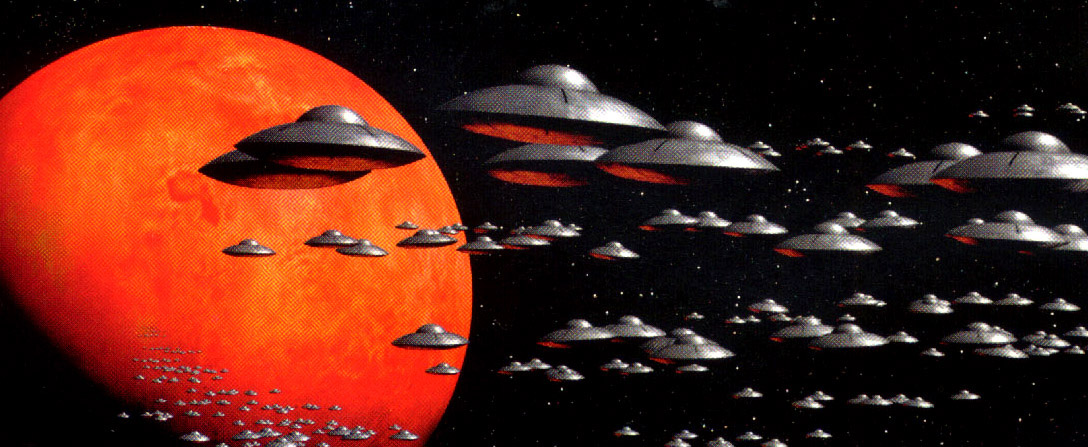In order to help the public continue to understand and enjoy science, Tyson urged his fellow astronomers to reconsider how they interact with the media.
He recalls his first televised interview, which he said he gave in his best professor-lecture style. At one point, he gave a demonstration of how a
star "jiggles" as a planet orbits it. When he watched the news, only his dancing hips made the cut.
"I had been sound-bitten," he said.
At that point, he determined to take control of his interactions with the media.
The press thrives on sound bites, he explained. Scientists can either complain about it or go with it. Tyson decided to go with it. He spent time in front of a mirror perfecting sound bites on various subjects.
"Informative, tasty, and makes you want to smile a bit — that's the essence of a sound bite," he said.
Baking pizza on Venus
Tyson repeatedly emphasized the importance of explaining things in terms that people can understand and connect with.
The atmosphere of
Venus, for instance, is often described as "hot enough to melt lead." But how many non-scientists have any experience with lead-melting temperatures? Instead, Tyson determined how long it would take to bake a pizza on the surface of the planet and used that as a field of reference. (The answer is 3 seconds; his original answer of 9 seconds was corrected by a physicist-turned-master-chef).
"When you hand people literally tasty things, they play with it," he said. They remember the information and make it a part of their life. Science is no longer something distant that they struggled with in school but something real.
Tyson also sees the value of participating in social media. For example, he has 1.5 million followers on
Twitter, allowing him to reach many people very quickly.
"I think it's extraordinary that a scientist can have 1.5 million Twitter followers," he said.
Astronomers and other scientists have a special opportunity to educate the masses, Tyson said. He reminded the audience members that they have experiences and perspectives that the general public does not.
"We think stuff every day that is unthinkable to the public," he said. "Never take this for granted."
He encouraged scientists to share their knowledge with the public in fun and interesting ways.


